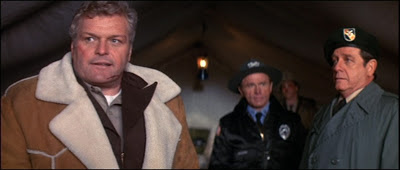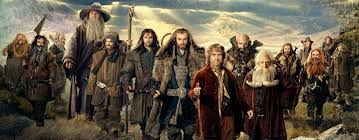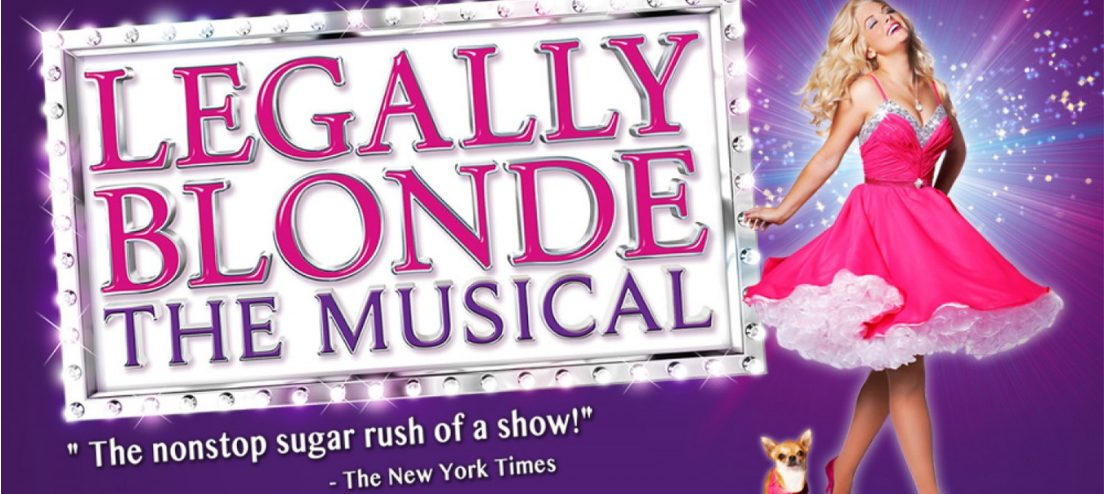The IT Chapter 1 and Chapter 2 movies of 2017 and 2019 are an adaptation of Stephen King's successful novel of the same name. The novel was published in 1985 and it tells the story of a group of kids coming of age who must face a creature who takes the shape of their greatest fear to terrorize them. To beat the creature, IT as they name it, the kids must work together. After beating IT, they make a pact that if the creature ever returns, they will reconvene in Derry, their hometown, to destroy it. To their surprise, the creature does return to Derry 27 years later.
 |
| Bill Skarsgard as IT |
Discussing the mass appeal or marketability of the adaptation of IT is like beating a dead horse. Stephen King is one of the most famous authors worldwide with over 450 million copies of books sold and only one of his novels being out of print, by his own choice. The novel IT happens to be his #7 best seller and these movie adaptations took place at a moment when King adaptations are in high demand. We also have to consider that Stephen King fans are extremely loyal and devour all his material as soon as it hit the market whether it is a novel, novella, short story, movie, etc. As Michael Garret, King's first editor and publisher once commented in a now infamous interview drawing Stephen's ire and therefore creating his alter ego Richard Bachman; "Stephen King could sell his grocery list." The phrase means that King's name had become greater than his actual writing, but it was misunderstood, and the rest is history.
I also consider that the movie adaptations of IT work better to tell the story than the novel. My reason for saying this is that when it comes to King's prowess as a storyteller there are various lines of thought and one of them is that his best stories are those that are centered around children or younger characters. I tend to agree with that theory. The fact that IT is a novel where the story keeps bouncing back and forth between the kids and their twenty-year-older version of themselves made the pace of the plot awkward for me. I would have preferred to read the novel in a two-part format, kind of how the movies are set. But let me go a step further, by the time I had to watch these two movies for these reviews I have to admit that I already had a copy of the first Chapter. I sat down and watched that chapter for what must have been the twentieth time. Chapter 2 was a little more difficult to watch. I had to get a copy since I had only watched it once in theaters, and yes, it was as horrible as I remembered it. But I have the same feedback from the second part on the first adaptation and I feel the same about the adult story in the novel.
 |
| Loser's Club vs It at Neibolt House |
IT is a two-part story that works and succeeds extremely well in the first act when the focus is on the kids. The kids are relatable with their struggles and coming-of-age stories. IT, the creature, feels like a real threat around the kids, we care for them, we want them to come through, we want them to win and overcome all of the challenges they are facing. But then, in the second act, they return as adults twenty-seven years later, and I have to be honest, I really don't care about them that second time around. Not only have the characters grown up, but somehow King managed to make them not relatable and boring. He found a way to kill the souls of those characters in that novel as they grew up, and in my opinion, in both adaptations, the grown-up characters have not been able to escape those awful character arcs. The one scene that I enjoyed in the second chapter that made the movie worth it for me is when Bill Denbrough walks into the Second-Hand store to buy the bicycle and King is playing the store owner. Bill then offers to sign a copy of his book that King is reading but King declines to state that "I didn't like the ending." A meta statement for many fans of King that consider his book endings one of his major weaknesses.
 |
| IT Original Book cover, 1990 TV Series Promo, 2017 Promo Poster |














































